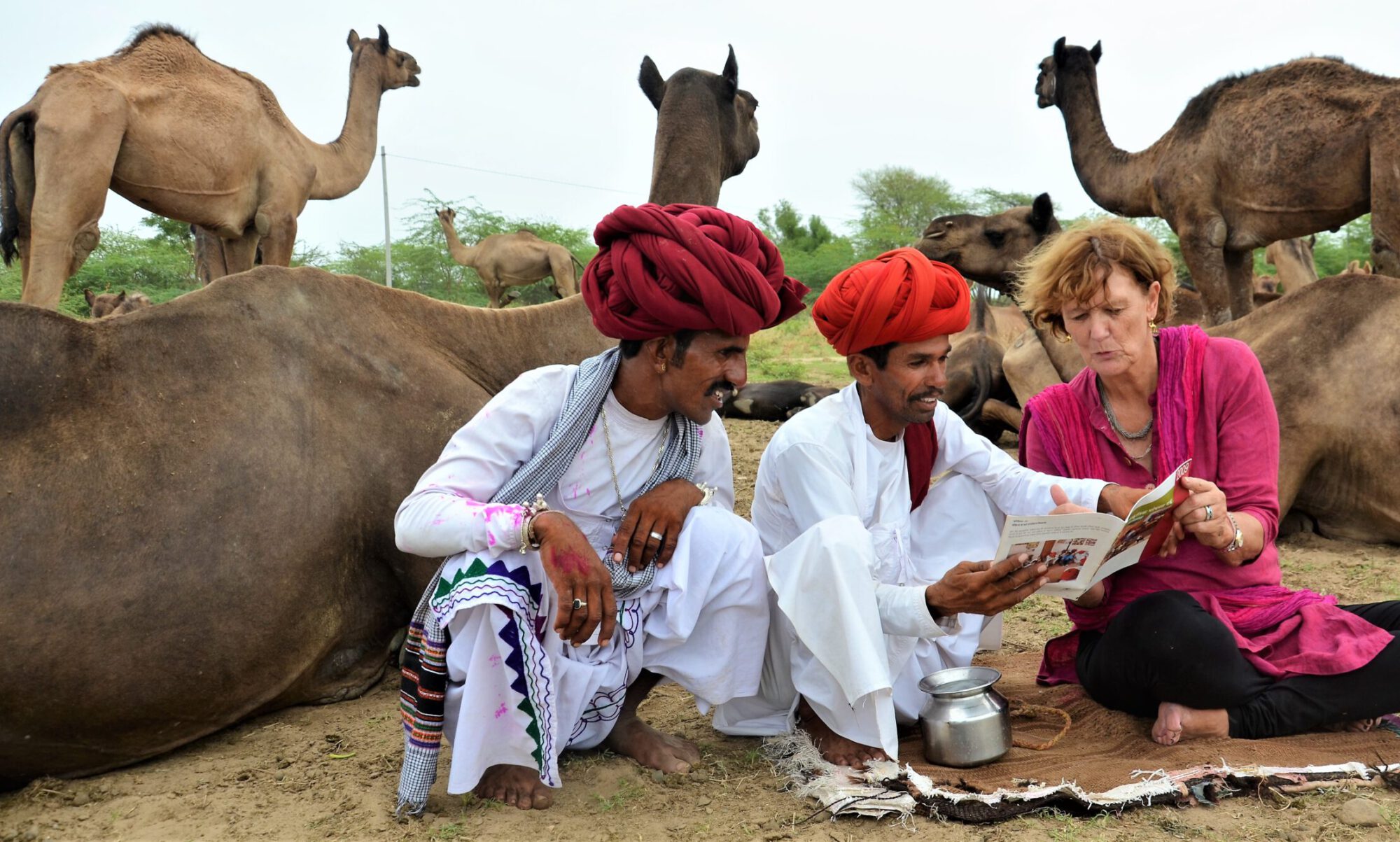I’ve spent the last few days here in lovely spring-time Washington D.C. attending a meeting by “stakeholders” in the livestock sector – which has a $ 1.4 trillion asset value and employs 1.3 billion people worldwide, according to Mark Rosegrant from the International Food Policy Research Institute (IFPRI). He also presented a calculation showing that a 50% reduction in the per capita comsumption of livestock products in developed countries could move 60 million people out of hunger. Another fascinating talk was by Andy Jarvis from the International Center for Tropical Agriculture (CIAT) who emphasized that livestock need not be a problem in terms of green house gases but also has enormous mitigation potential if sylvi-cultural approaches were used more widely.
Much concern at the meeting was about disinterest among major donors in livestock projects, although the Bill and Melinda Gates Foundation is planning to muscle in, in a big way, in the coming years.
Sorely absent from the discussion was the voice of the “poor livestock keepers” themselves who are supposed to be in the centre of all the activities. So many benefits could accrue if they could also have an opportunity to share their thoughts. In fact, none of the many initiatives in the livestock sector can genuinely claim to be “multi-stakeholder” until this changes. Well, I hope that this somewhat neo-colonial attitude will turn around in the near future.

 Follow
Follow